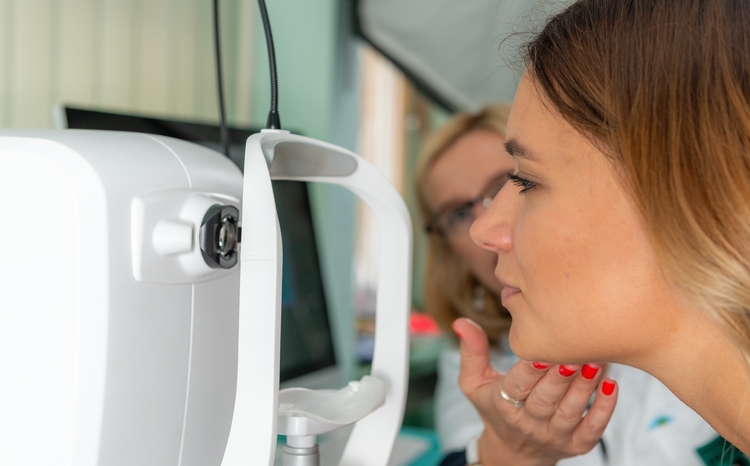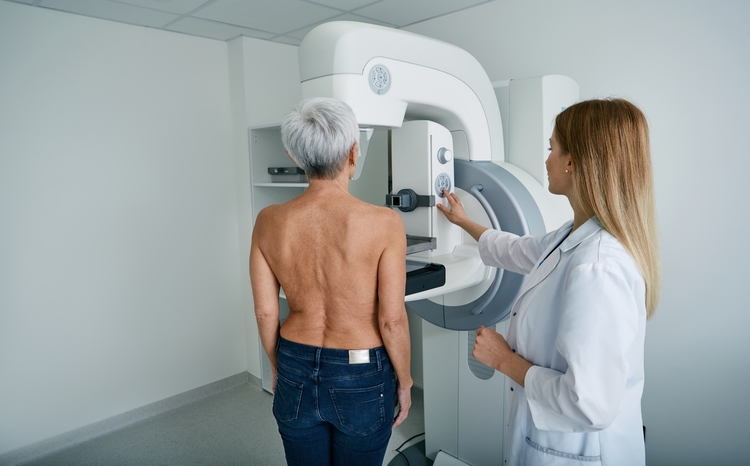Crisis of confidence in care.data – RCGP
- 12 February 2014

The Royal College of General Practitioners has called on NHS England to provide urgent reassurance about the safeguards surrounding its new data-sharing programme, saying it is suffering a “crisis of public confidence”.
RCGP honorary secretary Professor Nigel Mathers issued a statement today saying the college is “very concerned” that the public have not been properly informed about the benefits of and the safeguards surrounding care.data.
"The inevitable result of the failure to make the case for the scheme is the crisis of public confidence that we are now seeing,” he says.
"We urgently need a renewed national push by the authorities to ensure that patients are fully informed, in clear terms, about the benefits of the scheme, what their rights are, and what their rights to opt-out are.”
Care.data involves extracting a new monthly dataset from GP practices and linking this with other datasets, such as Hospital Episode Statistics, within the ‘safe haven’ of the Health and Social Care Information Centre.
Data will be published in aggregated anonymised form, released to researchers in pseudonymised form and, in some cases such as civil emergencies, released in identifiable form.
The data-sharing programme is supported by more than 40 UK medical charities, but has caused a storm of controversy as health professionals, patients and privacy campaigners question how the data may be used in the future and the potential for confidential data to be leaked.
An information leaflet was sent to all households to explain the scheme in January, but a recent survey conducted by EHI found that half of 145 respondents had not received the leaflet and 66% intended to opt themselves out. People can do this by informing their GP who will add a Read code to their record.
Professor Mathers said many GPs remain uncertain about the safeguards that will apply to the programme.
"The college remains supportive of the care.data initiative in principle, as we believe that it will help the NHS improve the quality of care for patients and to better prepare for outbreaks of infectious disease, such as flu, through for example, the use of shared suitably anonymised data to build up a picture of which treatments work best.
"However we urgently need reassurance about what plans are being made to address current GP and public concerns to restore public confidence in the scheme,” he said.
"The government and NHS England need to act immediately, otherwise further questions will inevitably be asked about the wisdom of rushing the scheme through before the current gaps in information and awareness have been addressed.”
The first extracts of GP data are due to begin next month, with full extractions from May and the first linked datasets to be available from June. Professor Mathers said it is vital that patients and doctors are confident in the scheme before it is introduced.
"It would be a tragedy if something that could have enormous benefits for patient care falls at the first hurdle because of a failure of communication,” he said.
A key concern voiced in the media has been around the potential for insurance companies to get their hands on the patient data and use it to set their premiums. Many organisations have also reported that the data could be ‘sold’ to private companies for profit, but NHS England vigorously denies this.
"We have been informed by NHS England that the HSCIC does not make a profit from providing data to other organisations; that data will not be sold to insurance companies for the purposes of insurance and that confidential data can only be disclosed where allowed by the law,” said Professor Mathers.
A spokesperson for NHS England said it is committed to ensuring the public are aware of the benefits of the care.data initiative and their rights to opt-out.
“This is an ongoing exercise of engagement. We are actively talking with doctor’s groups, patients and charities about how we can better and further explain this programme and people’s right to opt-out.”




